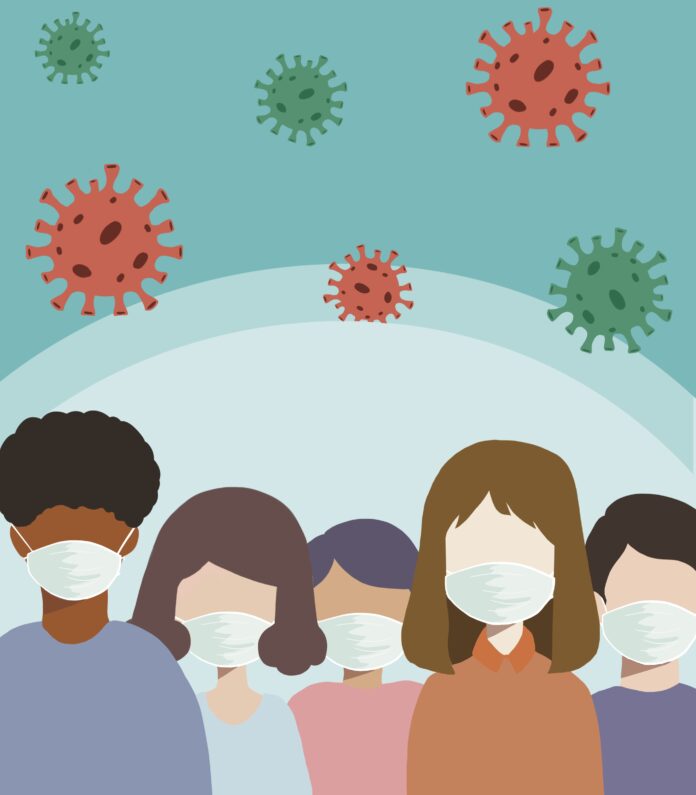While universities are preparing for a cautionary return to in-person activities following the COVID-19 pandemic, many young children have already found themselves back in schools and classrooms. What allowed young children to make a return to in-person learning as quickly as they did? The answer may lie in science.
A new study by Irina Lehmann of the Berlin Institute of Health at Charité seeks to understand why children are better protected from COVID-19 than adults. Nearly 270,000 cells from samples taken from both children and adults were compared.
Researchers examined the composition of mucous membranes lining children’s airways to determine the reasons behind their higher immunity. They noted two key factors: A greater number of immune cells – cells that fight viruses – in the mucous membranes of children compared to adults, and quicker production of type I interferons.
“The defense against viruses works on two levels. First, you get the antiviral response within the cells through receptors that, for example, induce the production of interferon,” Lehmann explained in an interview with Spektrum der Wissenschaft. “The second level [is] the immune cells in the tissue, such as activated killer cells and neutrophils.”
Type I interferons help the body fight viruses, and their quick production is essential in defending against COVID-19, which is scientifically referred to as SARS-CoV-2.
“SARS-CoV-2 multiplies very quickly in cells, and this means that the virus proteins are also formed very quickly,” said Marco Binder, a co-author of the study. “They suppress the interferon system so dramatically that we see only minimal or no interferon production in cell cultures when there is an infection.”
Through rapid production of these type I interferons, children are better able to fight the SARS-CoV-2 virus.
The presence of immune cells in the mucous membranes of airways in children is another factor that better protects children from infection.
“The fact that the immune cells are already in the tissue gives you a head start, because all these cells do not have to be called up by signaling substances,” Lehmann explained.
So why aren’t adult immune systems the same as children’s?
If the bodies of adults were as effective in fighting immune responses as children, viruses would have adapted to overcome the immune system.
“If the body had always activated this [process], it would of course create an incredible selection pressure on the pathogens,” Binder said.
Additionally, this response would be difficult for the body to maintain over a long time and affect cell activity in the body.
“Of all signaling systems, the interferon response causes the greatest change in the cell’s genetic activity,” Binder explained.
As university students make their way back to in-person classes, it is necessary to understand the limitations of our immune systems and the risks we face from COVID-19.






























